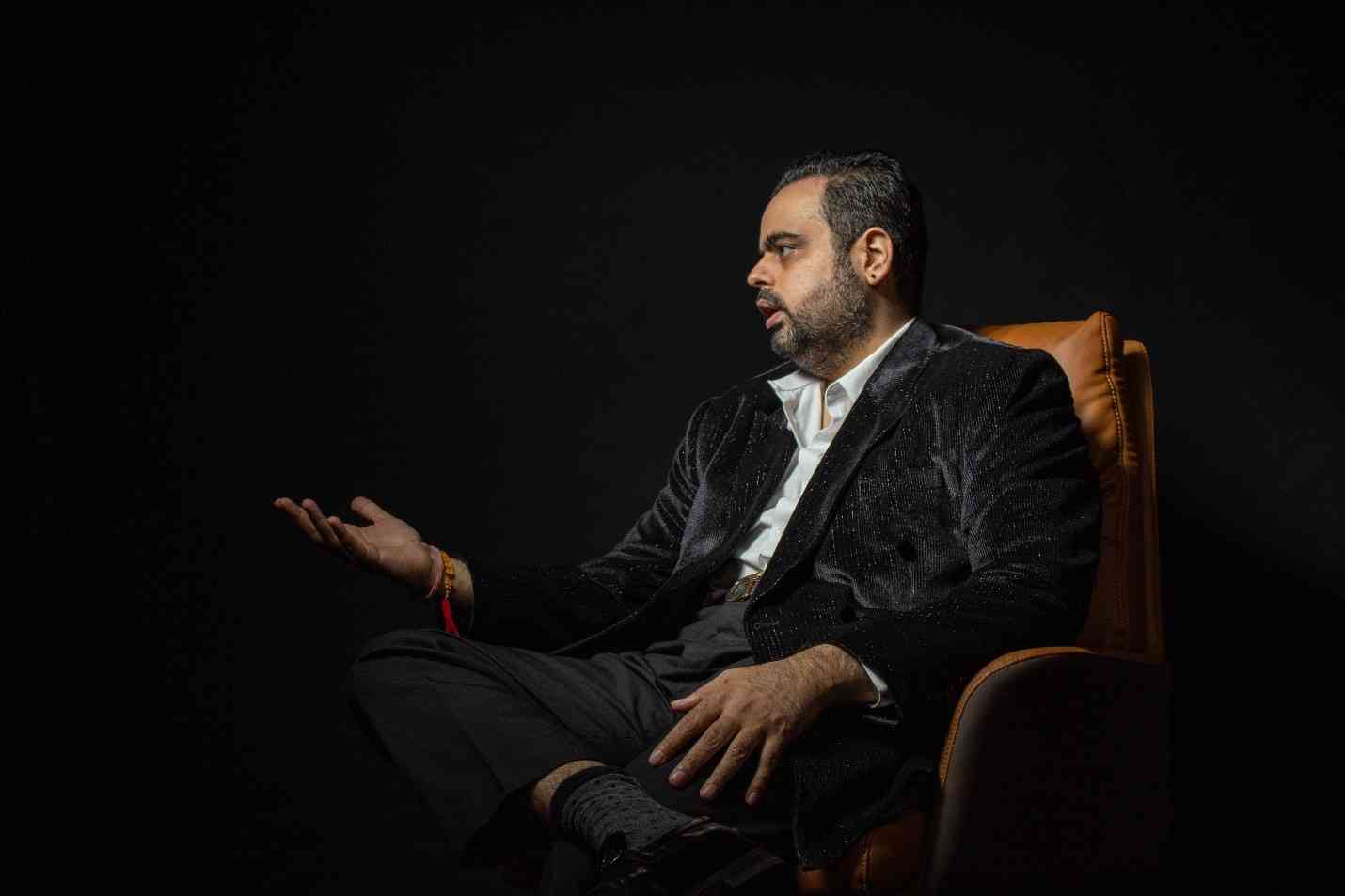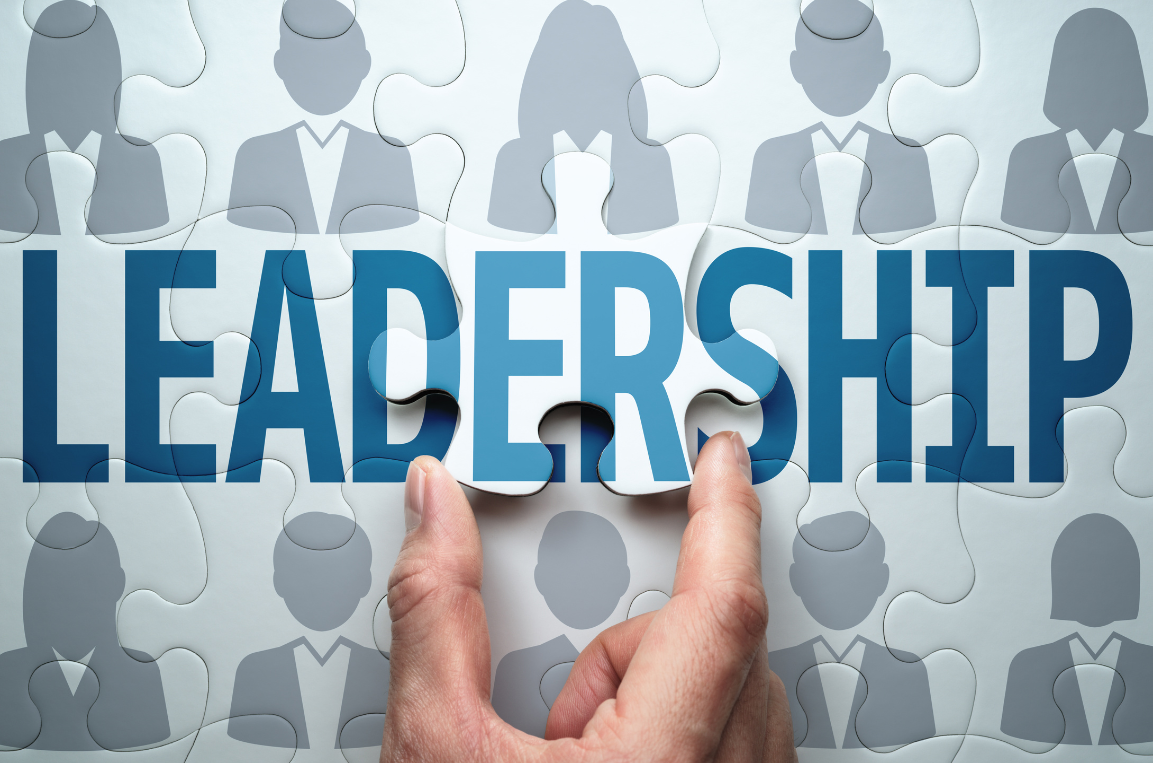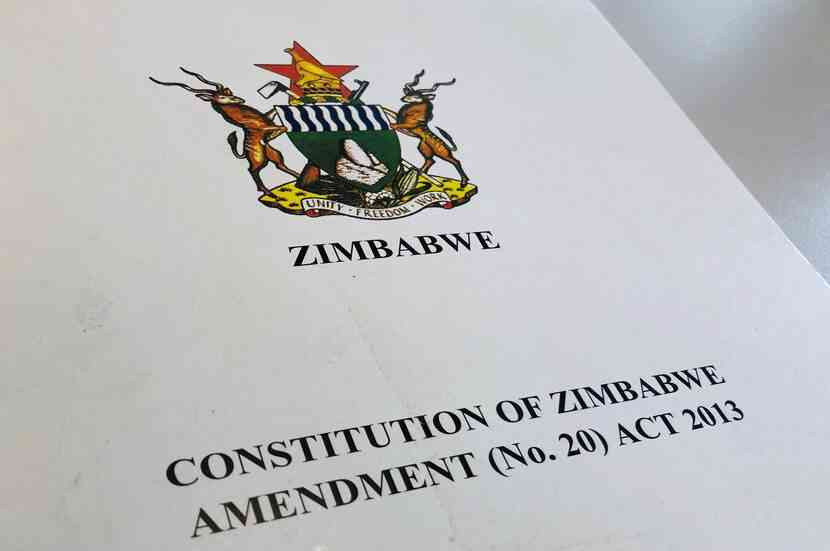
Africa is on the brink of a digital revolution. With a population of over 1.4 billion and one of the world’s youngest demographics, the demand for digital services—cloud computing, AI, fintech, e-commerce, and more—is growing at an exponential pace. However, the continent remains significantly underserved in one of the most critical pieces of digital infrastructure: data centers. Over the next few years, I plan to change that and significant success I have shown being spread across continent.
My decision to focus on data center development in Africa is not just a bet on technology—it’s a bet on the future of the continent itself. As a young te4ch Savvy population which I keep telling in my news interviews I haven’t seen that in the world. Africa’s digital economy is projected to reach $180 billion by 2025, yet less than 1% of the world’s data center capacity is located here. This gap presents one of the most compelling investment opportunities of our time. Why it is clicking me is because I think I now understand technology business well in Africa after Maser got acquired.
The core of this opportunity lies in the convergence of several macroeconomic and technological trends. First, mobile and internet penetration are rising rapidly, especially in urban hubs like Lagos, Nairobi, Accra, and Johannesburg. Other than mobile we saw huge numbers in smart televisions and how new generation has adapted technology. Second, governments across the continent are pushing for digital transformation, embracing cloud services and e-governance. Third, international tech giants—from Microsoft and Google to AWS—are eyeing significant portion of business in Africa as the next frontier for cloud infrastructure.
Yet for all this momentum, the lack of reliable, secure, and scalable data centers is a bottleneck. Businesses are forced to host data offshore, leading to higher latency, data sovereignty concerns, and increased operational costs. My vision is to build and invest in Tier III and Tier IV-standard data centers that solve these challenges head-on, starting with key economies in East, West, and Southern Africa.
Our strategy involves a hybrid model: greenfield developments in high-growth regions and strategic acquisitions of existing facilities where possible.
The reason I always use the word acquisition is because when you have correct partner your returns and expansions are 10X. We are also looking at partnerships with government to ensure our facilities are integrated into broader digital ecosystems and that usually comes with PPP (Public private Partnership model). Sustainability is at the heart of our plan—leveraging solar and other renewable energy sources to build climate-resilient, cost-effective operations.
Beyond infrastructure, the impact of this initiative extends to economic development. Each data center will create hundreds of direct and indirect jobs, from engineers to security personnel to support staff. More importantly, by enabling local businesses to scale digitally, we contribute to long-term GDP growth, financial inclusion, and global competitiveness.
This is not just a business play; it’s a development catalyst. In five years, I envision a pan-African data center network that not only meets the digital needs of today but unlocks the innovations of tomorrow—AI, IoT, smart cities, and beyond. We are not just storing data; we are building the backbone of Africa’s digital economy. Most importantly people say giving back to society but I say giving back in a way you develop a business is win win situation for the nation.
- Firm Faith postpones album unveiling
- ZimNinja holds first ever Ninjutsu Grading
- Backlash over ZEC’s huge 2023 poll fees
- MDC Alliance pushes for stronger candidates
Keep Reading
Africa’s future is digital, and digital needs infrastructure. That’s why I’m all in.











